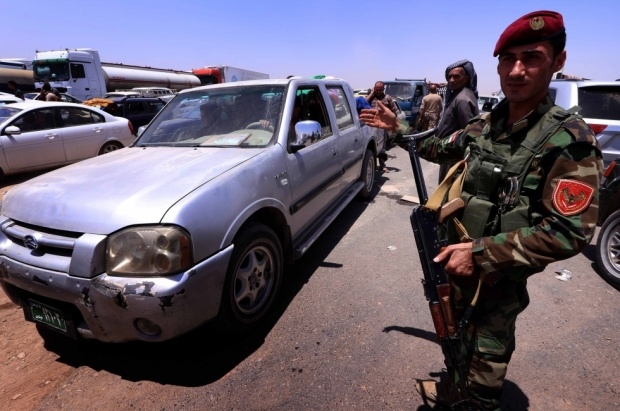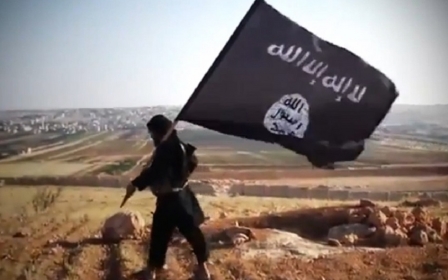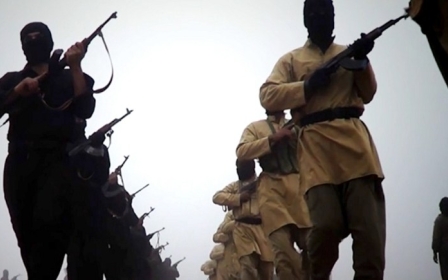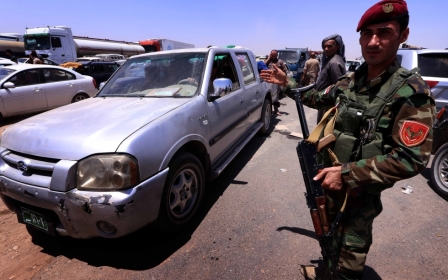Iraqi politicians blame Maliki for rising militancy

Political opponents of outgoing Prime Minister Nouri al-Maliki have accused his policies of leading the country to ruins, after the Islamic State of Iraq and Levant (ISIL) group seized the key city of Mosul earlier Tuesday.
Iraqi Shiite leader Muqtada al-Sadr's parliamentary bloc has blamed Maliki for the spread of militancy in the country.
"We've been urging decisive action against Al-Qaeda and the ISIL in Iraq, which has gone so far as to seize entire districts of certain provinces," MP Amir al-Kanani, leading member of Sadr's Ahrar coalition, told Anadolu Agency.
Al-Kanani said that the coalition holds al-Maliki – in his capacity as commander of the Iraqi armed forces – and all government officials responsible for failing to adequately resist militant groups.
"There are foreign schemes that aim to pull Iraq back towards civil war, which would be disastrous," al-Kanani asserted.
Meanwhile, Iraq's Sunni deputy prime minister Saleh al-Mutlak blamed politicians who have accepted Maliki's sole control of the army, when they should have instead called for a general command of the armed forces.
He told Sky News Arabia the military was reorganised on sectarian and political basis and has since become extremely corrupt, which made its retreat in Mosul and elsewhere very easy.
Mutlak noted that among the contributing factors to the military's weakness is the firing of its most competent commanders following the 2003 US-led invasion of Iraq.
He added that the government's crackdown on peaceful protests in Anbar has led many to join an armed insurgency against the army.
Mutlak's views were shared by Fareed Sabri, a former spokesperson for the Iraqi Islamic Party 2006-08.
"This has happened mainly because the security forces are corrupt and have been treating the local people very badly, due to the sectarian division between the mainly Shiite forces controlled from Baghdad and the Sunni population of Mosul," he said.
Early Tuesday, the ISIL reportedly captured Mosul – Iraq's second-largest city and capital of the northern Nineveh province – after days of fighting with security forces.
The ISIL's capture of Mosul comes after the group attempted to seize several districts of the city of Samarra in the neighbouring Saladin province on Friday. Iraqi forces managed to retake the districts after hours of fighting.
Meanwhile, the ISIL has remained in control of the city of Fallujah in the predominantly-Sunni Anbar province, west of Baghdad, since last December.
Iraq has seen a marked uptick in violence in recent months.
While the army has continued to battle the ISIL in the country's western and northern provinces, other areas of Iraq have seen unrelenting bombings, assassinations and attacks on both civilians and security personnel.
New MEE newsletter: Jerusalem Dispatch
Sign up to get the latest insights and analysis on Israel-Palestine, alongside Turkey Unpacked and other MEE newsletters
Middle East Eye delivers independent and unrivalled coverage and analysis of the Middle East, North Africa and beyond. To learn more about republishing this content and the associated fees, please fill out this form. More about MEE can be found here.




